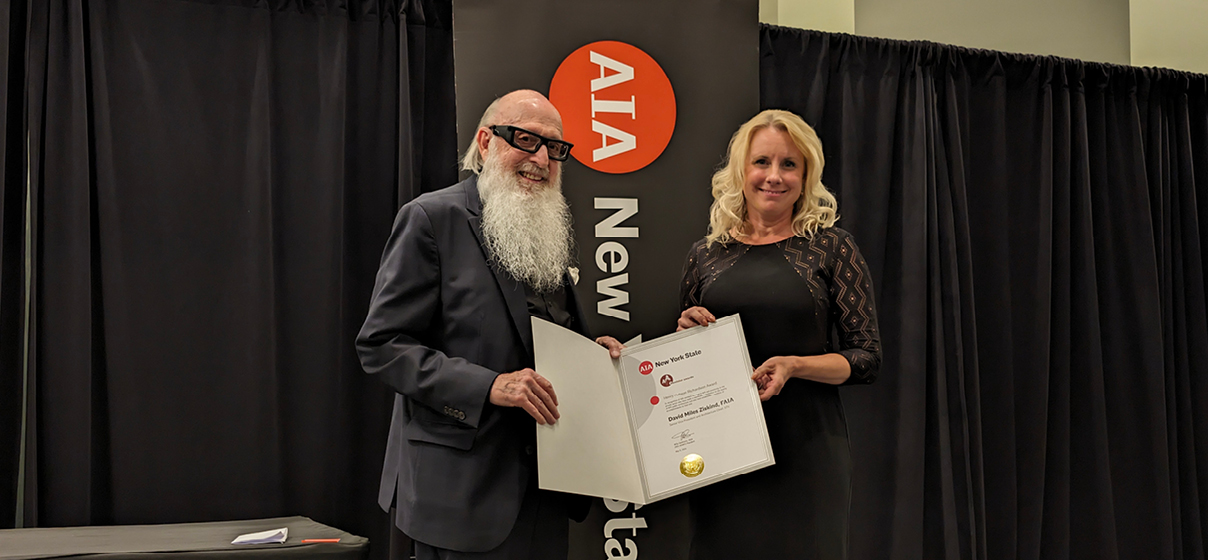
Frank Greene, FAIA, OAA, vice president and justice lead based in our New York office, was recently named to the Editorial Advisory Board of Correctional News (CN) magazine.
Started in 1994, CN is a top industry trade publication covering the justice sector. By highlighting current and upcoming design and construction work on detention centers, correctional facilities, courthouses, and law enforcement buildings, its content showcases current trends within the sector.
Greene will join a board comprised of state and county justice agency representatives, along with design industry leaders.
“It’s validating to join a conversation with people I consider to be peers,” Greene said. “This allows me to contribute my voice and emphasize that an effective justice system can also be green and sustainable, while answering an emerging call for reinvention to help facilitate a successful return to society.”
With a career that has spanned from Maine to Hawaii, Greene brings more than 40 years of architectural experience to CN’s editorial board. His background in the justice sector dates back to the 1980s, when he shifted his focus to public benefit ventures after his first courthouse project. From there, he’s had a firsthand view of its progress and the current swing to smaller, smarter, greener development.
Greene is a member of the American Institute of Architects’ Academy of Architecture for Justice, where he has served as chair for the Leadership Group and has participated in the organization’s Knowledge Community Conferences. He has also been involved in the Court of the Future Network, an international research think tank that aspires to improve global judicial systems.
Greene believes his new role with CN will allow him to promote the firm’s unique design approach for the justice sector.
“Today there’s a great need for a more nuanced approach to the justice system’s role in addressing crime,” Greene said. “The U.S. has the largest corrections system in the world and there is a growing understanding that incarceration can be unnecessarily harmful. The corrections industry has focused on scale and delivery, instead of elevating the system by addressing the needs of those inside it. A needs-based approach begins with engaging stakeholders in a way that promotes support for new facilities, reduces their populations, and increases the prospect of positive outcomes. This is an opportunity to advance that message.”






